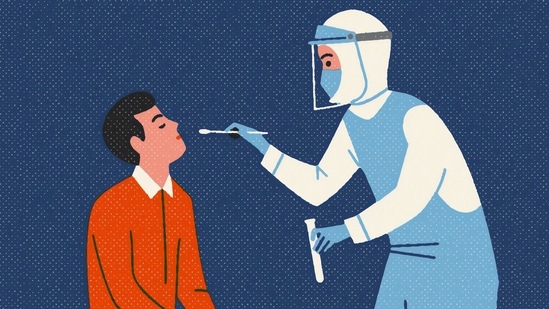Covid-19 patients can be categorised into three groups, say scientists
Covid-19 patients can be categorised into three groups, say scientists
Scientists have identified three different types of Covid-19 disease traits in patients, depending on their comorbidities, complications, and clinical outcomes, an advance that may help target future interventions to the most risk-prone individuals.

The new study, published in the journal PLOS ONE, analyzed the electronic health records (EHRs) from 14 hospitals in the midwestern US and from 60 primary care clinics in the state of Minnesota.
According to the researchers, including those from the University of Minnesota in the US, the study included 7,538 patients with confirmed Covid-19 between March 7 and August 25, 2020, of which 1,022 patients required hospitalization.
Close to 60 per cent of the patients included in the research presented with what the researchers called "phenotype II."
They said about 23 per cent of the patients presented with "phenotype I," or the "adverse phenotype," which was associated with the worst clinical outcomes.
The researchers said these patients had the highest level of comorbidies related to heart and kidney dysfunction.
According to the study, 173 patients, or 16.9 per cent presented with "phenotype III," or the "favorable phenotype," which the scientists said was associated with the best clinical outcomes.
While this group had the lowest complication rate and mortality, the scientists said these patients had the highest rate of respiratory comorbidities as well as a 10 per cent greater risk of hospital readmission compared to the other phenotypes.
Overall, they said phenotypes I and II were associated with 7.30-fold and 2.57-fold increases in hazard of death relative to phenotype III.
Based on the results, the scientists said such phenotype-specific medical care could improve Covid-19 outcomes.
However, they believe further studies are needed to determine the utility of these findings in clinical practice.
"Patients do not suffer from Covid-19 in a uniform matter. By identifying similarly affected groups, we not only improve our understanding of the disease process, but this enables us to precisely target future interventions to the highest risk patients," the scientists added.
Catch your daily dose of Fashion, Health, Festivals, Travel, Relationship, Recipe and all the other Latest Lifestyle News on Hindustan Times Website and APPs.



